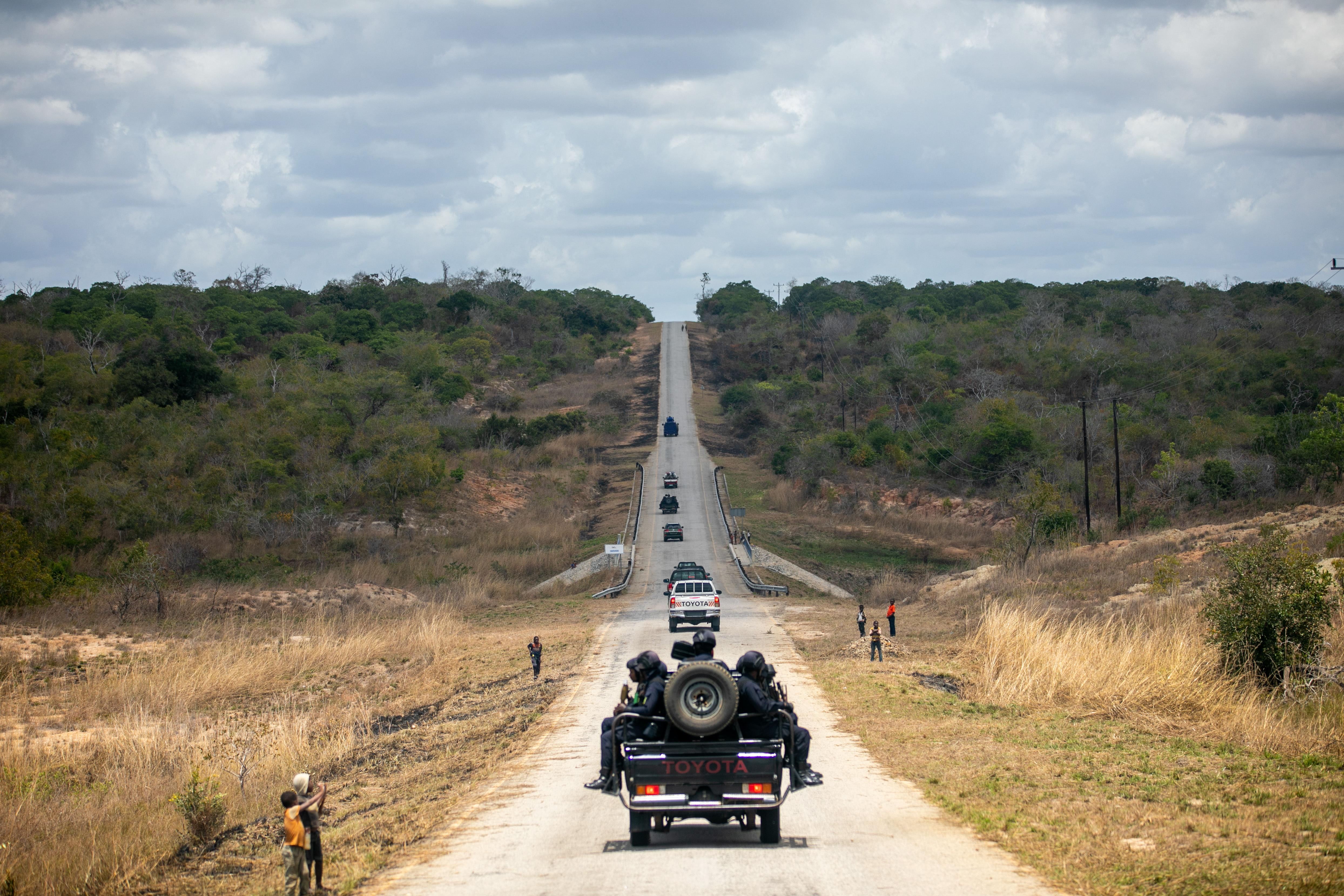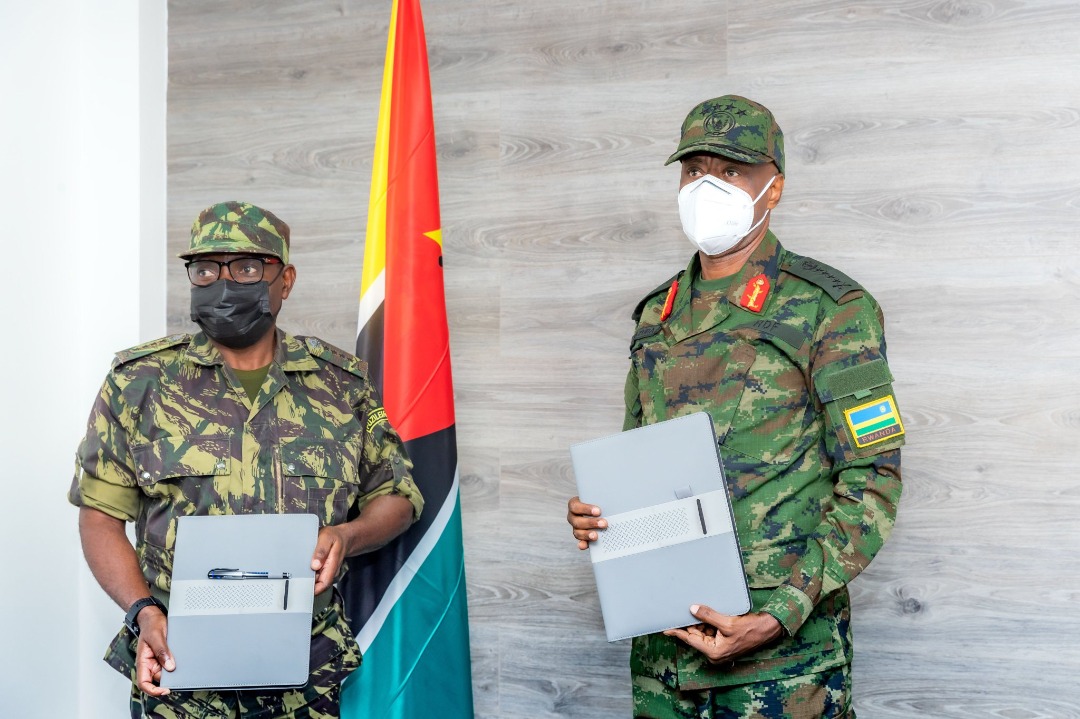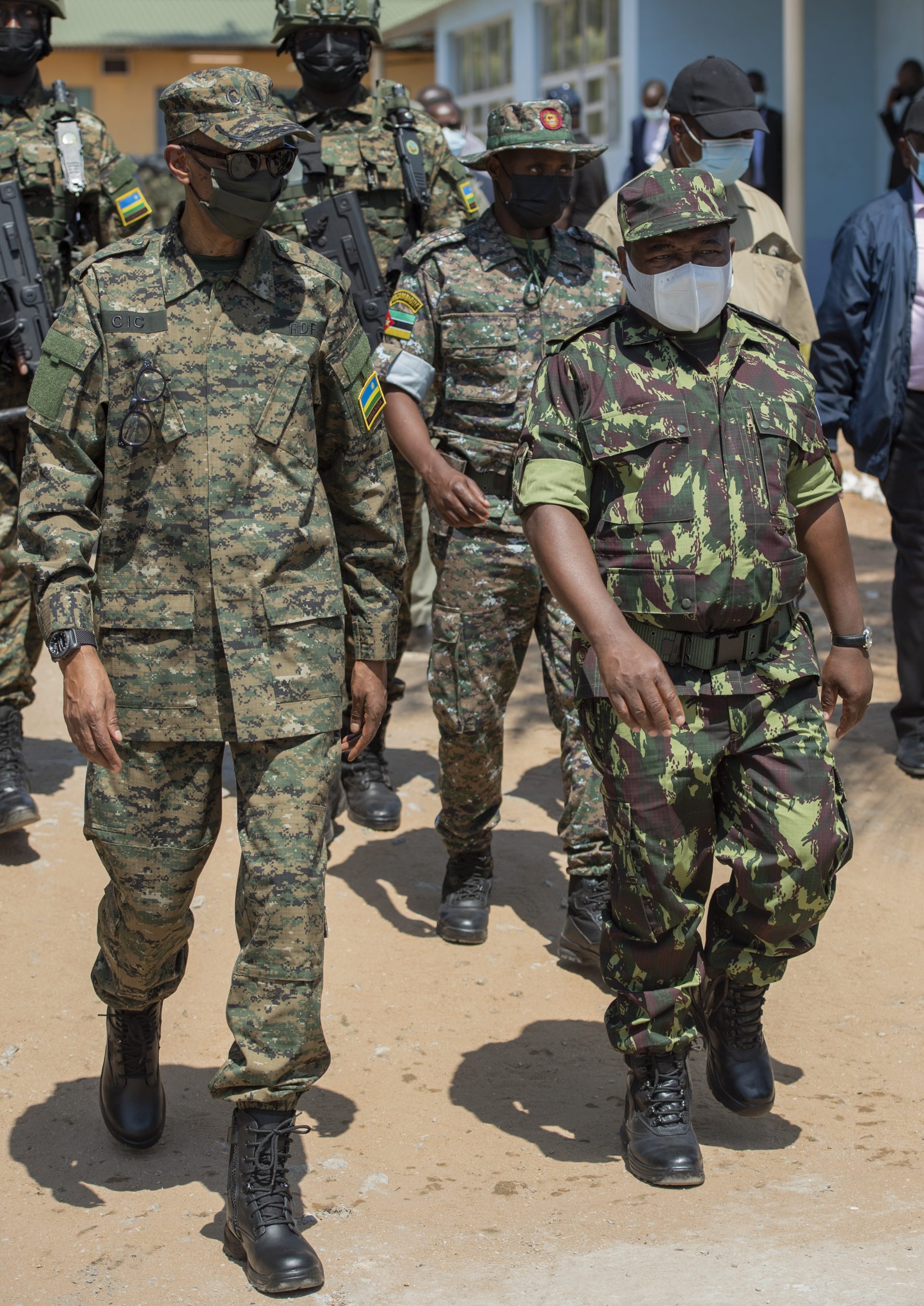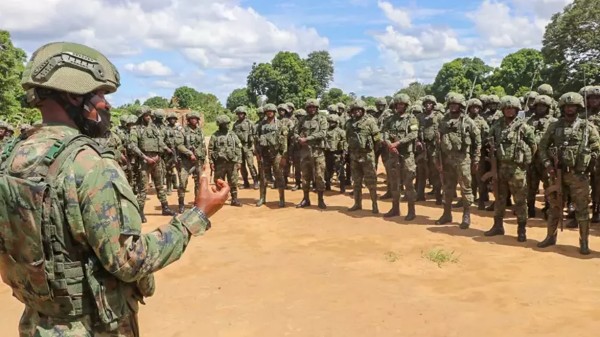Regional
Rwanda’s liberation struggle propelled a self-reliance culture
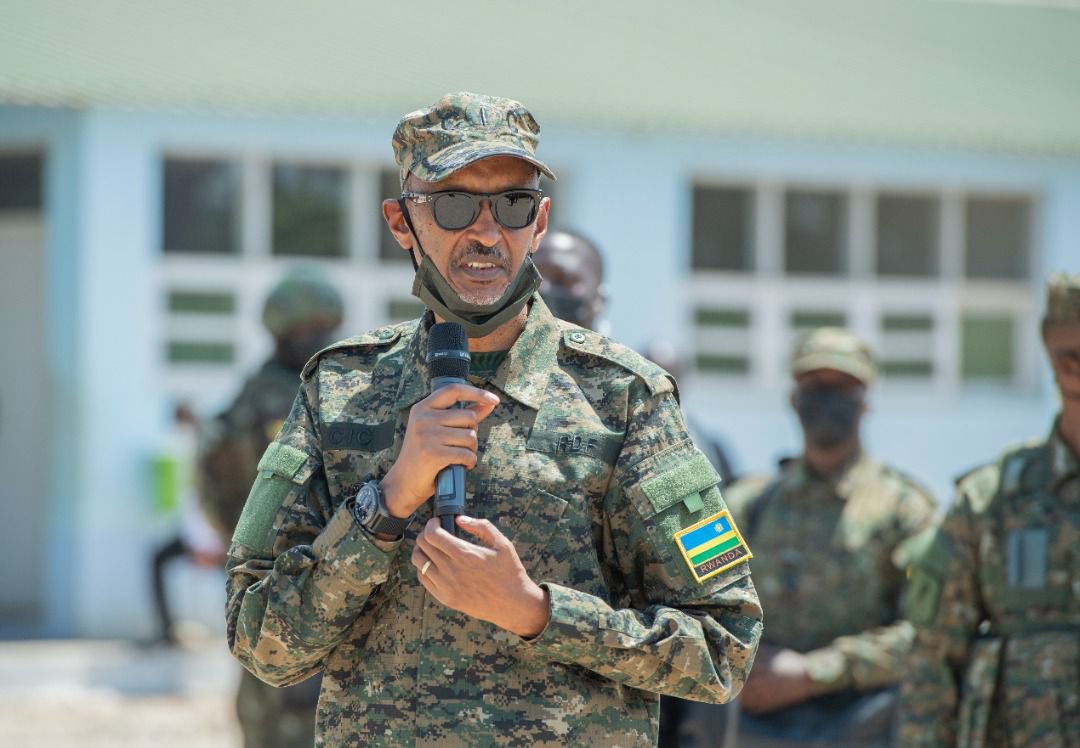
In 1994 when the Genocide against the Tutsi in Rwanda began, the Parliamentary buildings (former CND) where Rwanda Patriotic Front’s (RPF) politicians and protection unit comprising 600 troops were stationed was a special target for the genocidal army.
With
shelling increasing on the CND and the Tutsi being massively killed nationwide,
Gen Paul Kagame who was commanding RPA - RPF’s armed wing - ordered: “defend
yourself and rescue people.”
The
soldiers began counterattacks and rescued people in the neighborhoods of Kigali
while waiting for reinforcements from other RPA deployments in the northern
part of the country. They fought hard and effectively until they captured Kigali
on July 4, 1994.
Stopping
the Genocide, with no external help, the RPF created a liberal mindset of
self-reliance, self-defense, and protecting all Rwandans at all cost. This
culture has gone beyond Rwanda’s borders.
Later,
during a celebration of liberation day, President Kagame said: “in addition to
building ourselves, we also remember and consider our neighbors from across the
border."
Beyond
protecting Rwanda’s territorial sovereignty, Rwandan Security Forces have
displayed immense bravery and capabilities in supporting other nations restore
normalcy. Between 2014 and 2016, in the Central African Republic (CAR), Rwandan
Security forces ensured the protection of former president Catherine
Samba-Panza, and ensured the peaceful presidential election of 2016 won by then
Prime Minister, Faustin-Archange Touadéra.
In
December 2020, under a bilateral agreement, Rwanda yet again deployed troops in
CAR to quell election violence and protect peacekeepers. The call came after
the rebels aligned with François Bozizé, former president of CAR, from 2003
until 2013, were advancing on Bangui, the country’s capital to disrupt the
country’s democratic process and oust President Touadéra.
To
date, just like after the liberation struggle, Rwandan Security Forces in CAR, protect
civilians and facilitate the delivery of humanitarian aid, among other things.
Related: CAR: Political-military opposition groups
hell-bent on tarnishing Rwanda’s image
In
July 2021, Rwanda took decisive action by dispatching troops to Cabo Delgado
province in Mozambique, at the invitation of
President Filipe Nyusi.
In Mozambique, their mission was one; to help fight the
terrorists, stabilize the area and restore the authority of the state.
Within
one month, Rwandan and Mozambican forces had circled major bases of the
terrorists and capturing them, in quick succession. One year later, people in
the region returned to their homes and started working and engaging in
socio-economic activities after five years living in fear and suffering due to
terrorism.
Related: Rwanda’s
military intervention in Africa rebrands continent’s image
The
objective of Rwanda’s liberation extended beyond putting an end to the Genocide
against the Tutsi, to a significantly bigger contribution to the continent.
In
2004, Rwanda was the first African country to deploy a contingent, under the
then African Union Mission in Sudan (AMIS), in Darfur, just 10 years after of
liberating Rwanda.
In an
effort to reinforce rule-of-law institutions, Rwandan Police peacekeepers
provided extensive assistance to the Government of Haiti, including their
support in developing and enhancing the capabilities of the Haitian National
Police. The peace support operations in Haiti, which started in 2011 and lasted
for a period of nine years, was successfully concluded by Rwanda National
Police.
After stopping
the Genocide, the RPF-led government learnt the importance of maintaining peace
and order and worked hard to maintain the calm in the country.


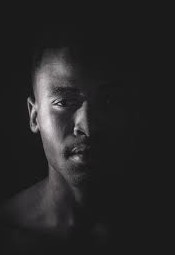
.jpeg-20230703062745000000.jpeg)
